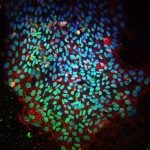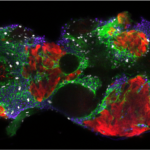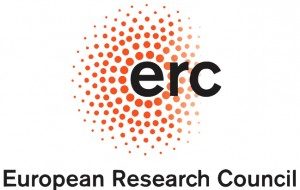About
Genetic and Epigenetic Regulation of Stem Cell Fate
The objective of this research programme is to identify mouse stem cell properties and understand how they regulate cell fate choice in different contexts by modulating their modes of cell divisions…
Stem cells play crucial roles in establishing and repairing tissues, yet our knowledge of their properties, how they assure organogenesis and effect regeneration in distinct physiological contexts remains limited. A major challenge in stem cell biology is investigating these cells in their natural state in vivo.
Skeletal myogenesis provides an excellent paradigm to investigate stem cell function due to its accessibility, and its striking ability to regenerate efficiently. Futhermore, the same individual can undergo multiple rounds of muscle injury thereby permitting the long term study of stem cell turnover and homeostasis after trauma without life threatening consequences or complex surgical procedures.
The objective of this research programme is to identify mouse and human stem cell properties and understand how they regulate cell fate choice in different contexts by modulating their modes of cell divisions. Specifically, non-random DNA segregation and asymmetric distribution of critical transcription factors are being investigated. Notably, we developed unique genetic tools that allow us to isolate prospectively those cells that execute asymmetric vs. symmetric cell divisions during regeneration.
This knowledge will be projected to tissuegenesis using complementary clonal lineage tracing and live imaging of cell divisions. These studies aim to identify the diverse modes of stem cell divisions during tissuegenesis, information that can significantly impact on regenerative medicine.



